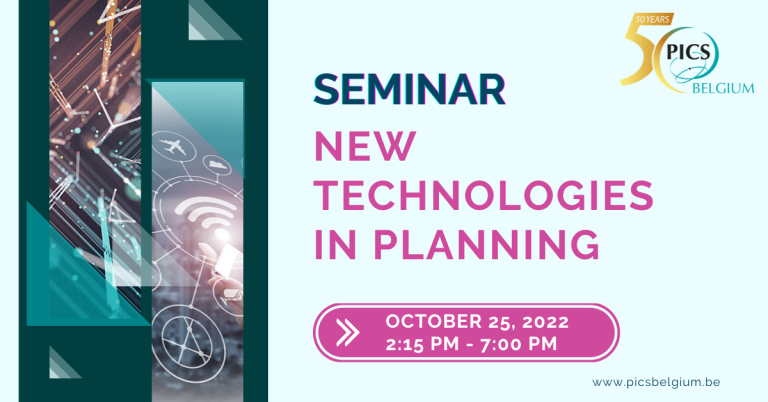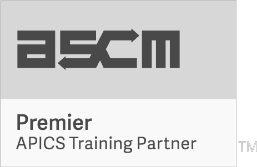Program
Supply Chain Planning in the Digital Age
Alejandra Cabos, Vlerick Management School,
With new, digital technologies entering the factories and the supply chain, the role of people in manufacturing and logistics is undeniably changing. Existing tasks are disappearing or changing, new tasks are emerging. Digital technologies can be used to automate certain tasks, yet their full power is in how they can augment and extend the human capabilities of employees. But what about the planning function? How is this function being impacted by the introduction of digital technologies – and, in particular, artificial intelligence – making the planning system more advanced?
How to make planning simple?
Pascal Pollet, Sirris
Creating a realistic production plan is a complex exercise and requires a lot of time and resources, while the result is often not satisfactory. The main culprit is the inherent unpredictability (due to late deliveries, urgent orders, breakdowns,…) of many production and supply chain systems which degrades the performance of many planning approaches. In this presentation Pascal will explain how you can tackle these issues and simplify your planning process.
How to prepare a digital pedigree for supply chain planning
Steven Raekelboom, The Grain
Given the abundance of uncertain events and sources of risk in today’s supply chains, building a digital twin is not enough if you want to execute a production plan that is flexible and robust at the same time. Instead, a holistic approach must be taken where different interconnected levels and variants are constructed, both regarding process flows and modeling architecture, and where the planning & scheduling engine plays a central role. It takes more the form of a digital pedigree.
How can resilient planning improve your supply chain performance?
Koen Cobbaert, bluecrux
Despite the fact that we know that the world we operate in is highly subject to uncertainty, traditional planning systems still start from the assumption that our environment is predictable. Single-point forecasts, standard lead times, demonstrated production rates,… are the inputs for the process, while we know very well that the reality will unfold differently. How can systems support in that decision making process ? Koen will explain how digital twin technology is one of the foundational elements in creating these insights, and how new planning approaches and metrics create new insights in the possible outcomes of a plan.
Redefining supply chain agility through cognitive automation
Philippe Rottiers & Jeroen Nysen, Deloitte
Over the past years, we have seen many organizations struggle in dealing with the increasing VUCA* (Volatility, Uncertainty, Complexity and Ambiguity) characteristics of supply chains all around the globe. Within this context, we see an increased need for agility and resilience for organizations to be able to quickly sense, analyze and understand unforeseen events, and make the right decision on which best actions to take accordingly. In this talk, Jeroen and Philippe will explain how they help companies move towards digital, interconnected and above all intelligent supply chains by bringing the concept of the cognitive command center to life, in collaboration with a variety of technology providers, such as Aera Technology. In this concept, real-time data is used to continuously and autonomously monitor vast amounts of information, at a speed and accuracy un-matchable by more traditional and human-involved processes.







